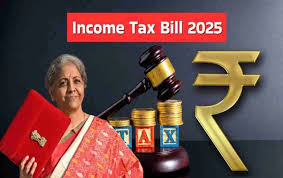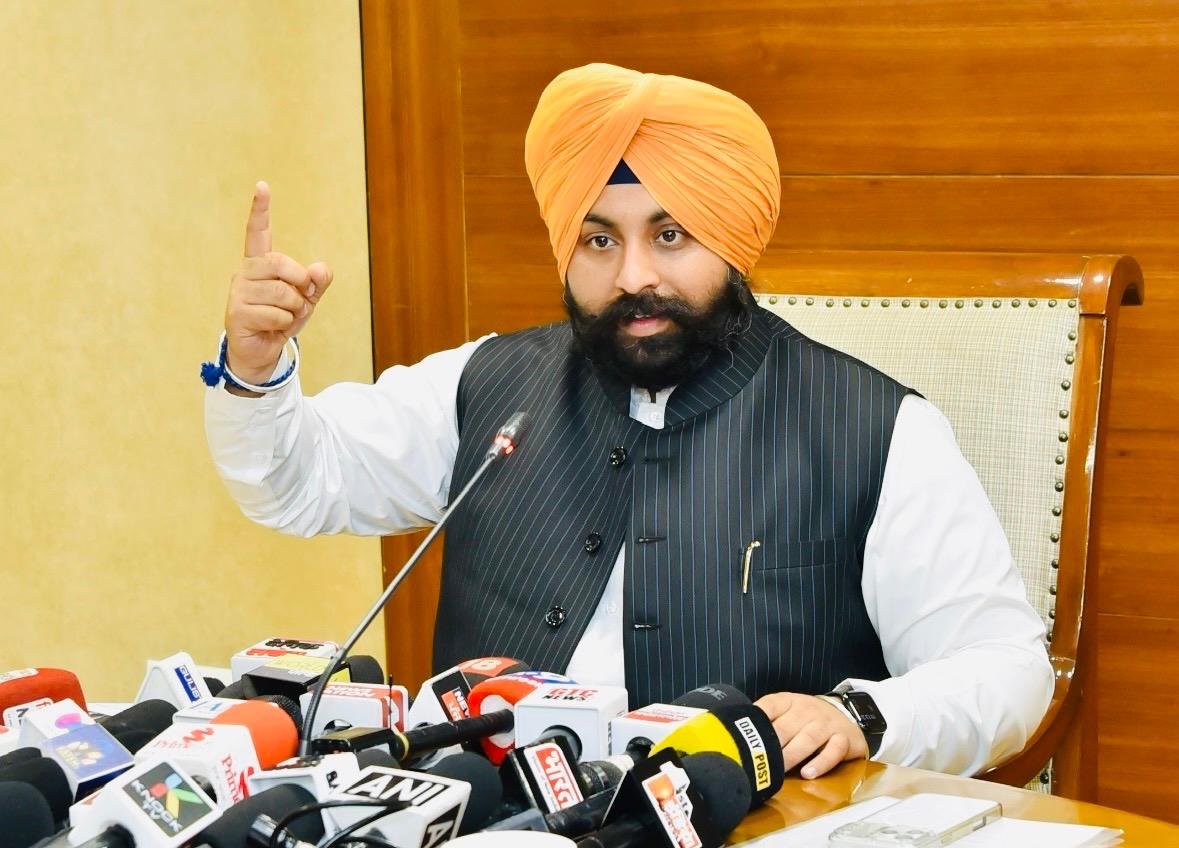Listen To This Post
New Delhi, In a landmark step to modernise India’s tax regime, the Lok Sabha on Monday passed the Income Tax Bill (No. 2), 2025 — a sweeping replacement for the 63-year-old Income Tax Act, 1961 — in just three minutes without debate, even as opposition parties continued their protests over unrelated electoral roll allegations.
The Bill, which now awaits Rajya Sabha clearance and Presidential assent, promises simpler compliance, fewer disputes, and new relief measures for individuals and businesses. It will take effect from April 1, 2026.
How Taxpayers Stand to Benefit
-
Refunds for Late Filers
-
Individuals who miss the statutory deadline for filing returns will still be eligible for a TDS refund. This reinstates a taxpayer-friendly provision from the old law and ensures people aren’t permanently penalised for delays.
-
-
Simplified Tax Calendar
-
The confusing dual concept of “previous year” and “assessment year” is gone. The new, easier ‘tax year’ system will make it simpler for taxpayers to understand their filing periods, reducing compliance mistakes.
-
-
Reduced Paperwork and Complexity
-
The new law slashes the number of sections and chapters and nearly halves the word count, cutting down on jargon and overlapping provisions that often led to disputes.
-
-
Education Remittances — No TCS Burden
-
Overseas education expenses funded through loans from any financial institution will now have zero Tax Collected at Source (TCS) under the Liberalised Remittance Scheme, lowering upfront costs for families.
-
-
Support for Small BusinessesFlexibility #Taxpayers Oriented #Privacy Concers
-
Definitions of Micro and Small Enterprises are now aligned with allied laws, ensuring consistent benefits across schemes and preventing mismatches in eligibility.
-
-
Business-Friendly Dividend Rules
-
Deductions for certain inter-corporate dividends have been restored for companies opting for concessional corporate tax rates, encouraging investment flows within corporate groups.
-
-
Loss Carry Forward Flexibility
-
Rules on carry forward and set-off of losses have been fine-tuned to match current business realities, potentially helping start-ups and seasonal businesses better manage downturns.
-
Why It Matters
Tax experts say the new framework reflects a “balanced, pragmatic, and taxpayer-oriented approach”, aiming to reduce litigation and improve clarity in the law. For most individuals, the headline relief is access to refunds even after belated filing. At the same time, for students and parents, the removal of TCS on education-related remittances will offer tangible savings.
Privacy Concerns Remain
One contentious area is the search and seizure provision. The updated Bill still gives tax officials authority to override access codes to computer systems — potentially including emails, bank accounts, trading platforms, and online investments — if they suspect evasion. While the term “digital space” is absent from the search clause, it remains embedded in the definition of “computer system”, leaving privacy advocates cautious.
If passed unchanged by the Rajya Sabha, the new law will mark India’s most significant income tax rewrite in over six decades, promising more straightforward rules, faster refunds, and more taxpayer-friendly compliance — albeit with stronger investigative powers for the tax department.
If you’d like, I can also prepare a shorter, plain-language “taxpayer guide” version of this story that lists only the relief points and practical implications, so that an average salaried person or small business owner can immediately see what changes matter to them. That could work well for public-facing communication.















